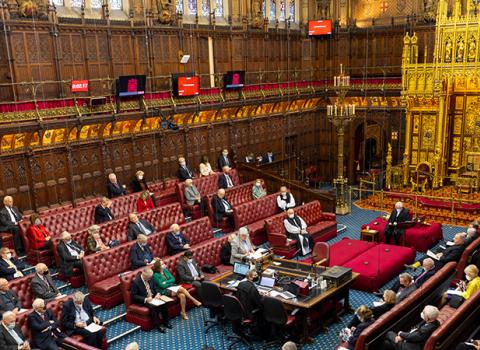Tomorrow will see the launch of a blueprint in which the UK life sciences industry will set out its preferred terms for negotiating the UK’s exit from the EU.
Following the referendum vote to leave the EU on 23 June, two industry bodies, the BioIndustry Association (BIA) and the Association of the British Pharmaceutical Industry (ABPI) set up a task force to assess the risks and identify opportunities to make the landscape as attractive as possible for the sector in a post-Brexit future.
The task force is jointly chaired by the CEO’s of two large UK-based pharma companies, Pascal Soriot, CEO of AstraZeneca and Andrew Whitty, CEO of GlaxoSmithKline.
Outlining the scope of the programme as the work got underway, Steve Bates, CEO of the BIA said, “We have to stay ahead of the curve and put our issues in an organised fashion to the key people.”
UK life sciences companies are already facing uncertainties thrown up by Brexit and it is essential the government is aware of these when it engages in exit negotiations.
But the sector should also look to the potential to reshape the environment. “We should look at opportunities that are in the future, rather than only mitigating risks,” Bates said.
The work to formulate the blueprint included representatives from companies including Astrazeneca plc, Glaxosmithkline plc, Janssen, Merck, Sharp & Dohme, Novartis, Pfizer and UCB Pharma.
The focus is on drug regulation, free movement of labour, manufacturing and supply, EU public funding of research and development, intellectual property, and fiscal and trade issues.
The high level of integration of Europe’s life science sector will make for complexity in disentangling the UK. For example, drugs have been regulated at a European level for 40 years.
The task force has been forced to work in a vacuum, with no agreed UK negotiating position for withdrawal.
In addition, the former life sciences minister George Freeman has been moved to a different position by the new prime minister Theresa May and his responsibilities divided between three other ministers.
On the bright side, the lack of a strategy for Brexit means there is a blank sheet of paper. The ABPI and BIA’s aim over the summer has been to work out how it might be filled.
In total, 18 industrial sectors will be lobbying for attention as parliament reconvenes after the summer and the government gets down to the nitty gritty of delivering Brexit.
Bates said ABPI and BIA hope that taking the initiative will put life sciences on the front foot.
After describing the blueprint to member companies tomorrow (2 September), the ABPI and BIA will present it to government at a meeting on September 6.





 A unique international forum for public research organisations and companies to connect their external engagement with strategic interests around their R&D system.
A unique international forum for public research organisations and companies to connect their external engagement with strategic interests around their R&D system.